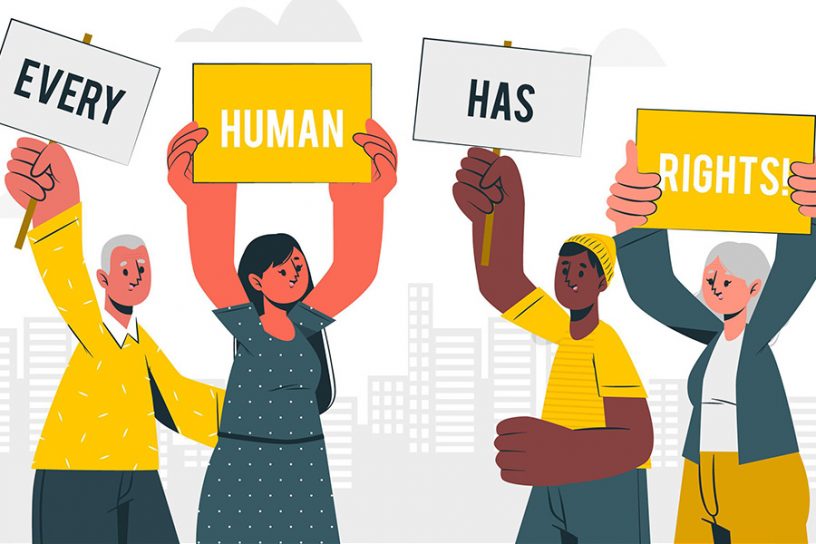
This paper delves into the historical understanding of gender verification in sports and examines the scientific evidence regarding elevated male hormones leading to competitive advantage in female athletes.
Authors
Subhrajit Chanda, Assistant Professor, Jindal Global Law School, O.P. Jindal Global University, Sonipat, Haryana, India.
Kingshuk Saha, Symbiosis International University (Hyderabad campus), Hyderabad, Telangana, India.
Summary
At a time when the social ideas regarding gender are shifting and the need for protection of human rights in sports has been emphasized, the IAAF Regulations on the participation of non-binary athletes in sporting competitions have been exclusionary and display a disregard for the legal standing of human rights of the athletes.
At this juncture, the competency of the Court of Arbitration for Sports (CAS), the premier forum for dispute resolution in international sports, to adjudicate upon cases concerning the human rights of the athletes has been called into question after its failure to uphold the human rights concerns of the South African athlete Caster Semenya who challenged the validity of these IAAF Regulations vis-à-vis the requirement of female athletes to conform to a certain level of testosterone in their systems.
This paper analyzes the functions of the CAS and argues why the CAS is uniquely placed to uphold the human rights of the athletes. Additionally, the paper delves into the historical understanding of gender verification in sports and examines the scientific evidence regarding elevated male hormones leading to competitive advantage in female athletes. Finally, the paper suggests reforms for the CAS for it to be better equipped in handling human right concerns before it.
Published in: The International Sports Law Journal
To read the full article, please click here.


